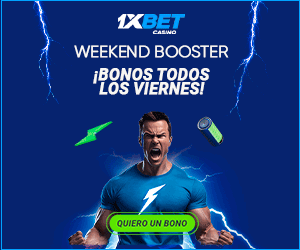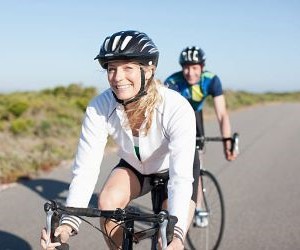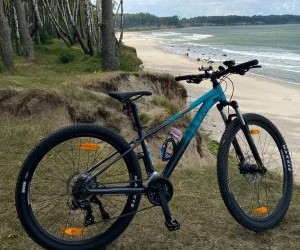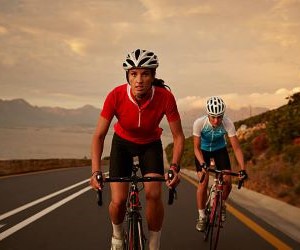Explore the best cycling and bike touring routes in Nadi, Fiji. Ride coastal roads, explore hidden villages, and soak up island vibes on two wheels.
HOW DO I FUEL FOR MULTI-DAY MOUNTAIN BIKING TRIPS?
Fueling for multi-day mountain biking trips is essential to maintain performance, recovery, and overall health. Riders must consider calorie intake, hydration, electrolyte balance, and nutrition timing across multiple days of intense riding. Planning meals, snacks, and portable fueling options ensures sustained energy, reduces fatigue, and supports muscular recovery. By integrating proper fueling strategies with training, route planning, and recovery protocols, mountain bikers can enjoy safe, efficient, and high-performance multi-day adventures.

Understanding energy demands
Multi-day mountain biking requires sustained aerobic and anaerobic energy. Recognizing daily energy expenditure helps plan adequate fuel for performance and recovery.
Caloric requirements
Daily calorie needs vary depending on ride intensity, duration, terrain, and rider physiology. Maintaining energy balance prevents fatigue and supports recovery.
Estimate caloric expenditure based on ride duration and intensity
Adjust intake according to weight, metabolism, and environmental conditions
Prioritize high-calorie foods to meet daily energy requirements
Macronutrient balance
Carbohydrates provide immediate energy, protein aids recovery, and fats offer sustained fuel for long rides. Balancing macronutrients ensures endurance and muscular support.
Carbohydrates: 50–60% of daily intake for energy
Protein: 15–20% for muscle repair
Fats: 20–30% for sustained energy
Pre-ride fueling strategies
Preparing for daily rides starts with pre-ride nutrition. Fueling properly before hitting the trail ensures optimal energy availability and performance.
Breakfast and pre-ride meals
Consume a carbohydrate-rich meal 2–3 hours before riding. Include moderate protein and minimal fats for digestibility and sustained energy.
Oatmeal with fruits and nuts
Whole-grain toast with peanut butter and banana
Hydrate with water or electrolyte beverage before starting
Quick pre-ride snacks
30–60 minutes before departure, consume easily digestible snacks to top up glycogen stores and prevent early fatigue.
Energy bars or gels
Fruit such as banana or apple slices
Small portion of trail mix for balanced energy
During-ride fueling
Consistent nutrition during rides maintains energy, prevents bonking, and supports sustained effort over long multi-day trips.
Carbohydrate intake
Consume 30–60 grams of carbohydrates per hour to fuel ongoing activity. Use a mix of solid and liquid options for versatility and convenience.
Energy gels or chews for rapid absorption
Bananas or dried fruits for solid fuel
Sports drinks to combine hydration and carbohydrate intake
Hydration and electrolytes
Replace fluids and electrolytes lost through sweat. Aim for 500–750 ml of water per hour, supplemented with sodium, potassium, and magnesium.
Use electrolyte tablets or powders mixed with water
Sip frequently rather than consuming large volumes at once
Monitor urine color to gauge hydration status
YOU MAY ALSO BE INTERESTED








